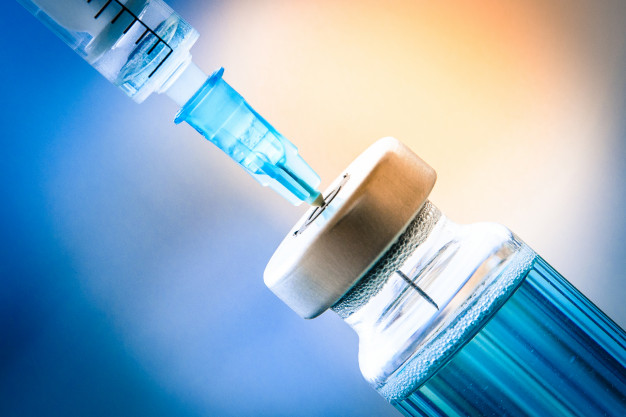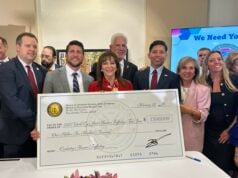
Mayo Clinic is applying a regenerative lens to advancing diabetes care beyond routine blood checks and standard insulin therapy.
Quinn Peterson, Ph.D.; Aleksey Matveyenko, Ph.D.; and Alexander Revzin, Ph.D., are collaborating on a team science approach to finding new cell-based solutions that restore the body’s ability to regulate blood sugar in people with Type 1 and Type 2 diabetes. Mayo Clinic’s Center for Regenerative Medicine has brought these three experts together in a research trifecta aimed at improving diabetes care through restoration of cell function, cell replacement and improving immune protection of cells.
“As a team, we are trying to understand how pancreatic beta cells that produce insulin either die or become deficient, and how to reverse that process,” says Dr. Peterson. “Each lab has a different focus that complements one another. Bringing each of these capabilities together allows us to do more than we could do in our individual laboratories. We each look at diabetes through a different lens to address problems in unique ways.”
Diabetes is a growing health problem in the U.S., with a 40% increase in cases over the past decade, according to the American Diabetes Association. Approximately 34 million people, or 1 in 10 Americans, have Type 1 or Type 2 diabetes. Millions more people are classified as prediabetic, which could lead to a tsunami of diabetes cases in the future.
For more than a century, insulin has been a standard treatment for Type 1 diabetes and some forms of Type 2 diabetes. Despite improvements, insulin replacement therapy does not always sufficiently control blood glucose, leaving diabetics at risk of conditions such as neuropathy, blindness or infections that could lead to limb amputation.
Read the rest of the article on the Center for Regenerative Medicine blog.
‘Courtesy: Mayo Clinic News Network.’[/vc_message]
Disclaimer
Artificial Intelligence Disclosure & Legal Disclaimer
AI Content Policy.
To provide our readers with timely and comprehensive coverage, South Florida Reporter uses artificial intelligence (AI) to assist in producing certain articles and visual content.
Articles: AI may be used to assist in research, structural drafting, or data analysis. All AI-assisted text is reviewed and edited by our team to ensure accuracy and adherence to our editorial standards.
Images: Any imagery generated or significantly altered by AI is clearly marked with a disclaimer or watermark to distinguish it from traditional photography or editorial illustrations.
General Disclaimer
The information contained in South Florida Reporter is for general information purposes only.
South Florida Reporter assumes no responsibility for errors or omissions in the contents of the Service. In no event shall South Florida Reporter be liable for any special, direct, indirect, consequential, or incidental damages or any damages whatsoever, whether in an action of contract, negligence or other tort, arising out of or in connection with the use of the Service or the contents of the Service.
The Company reserves the right to make additions, deletions, or modifications to the contents of the Service at any time without prior notice. The Company does not warrant that the Service is free of viruses or other harmful components.












